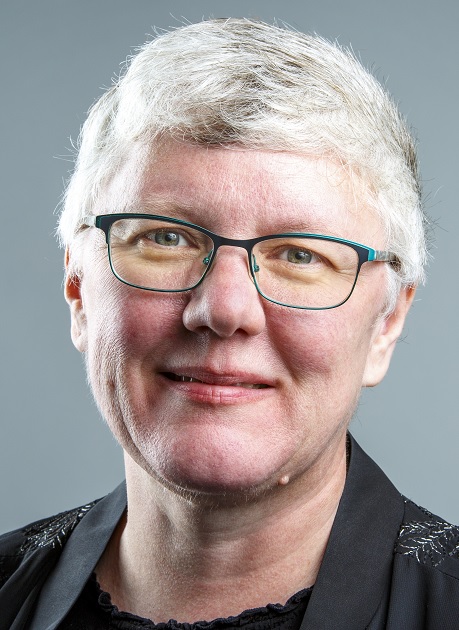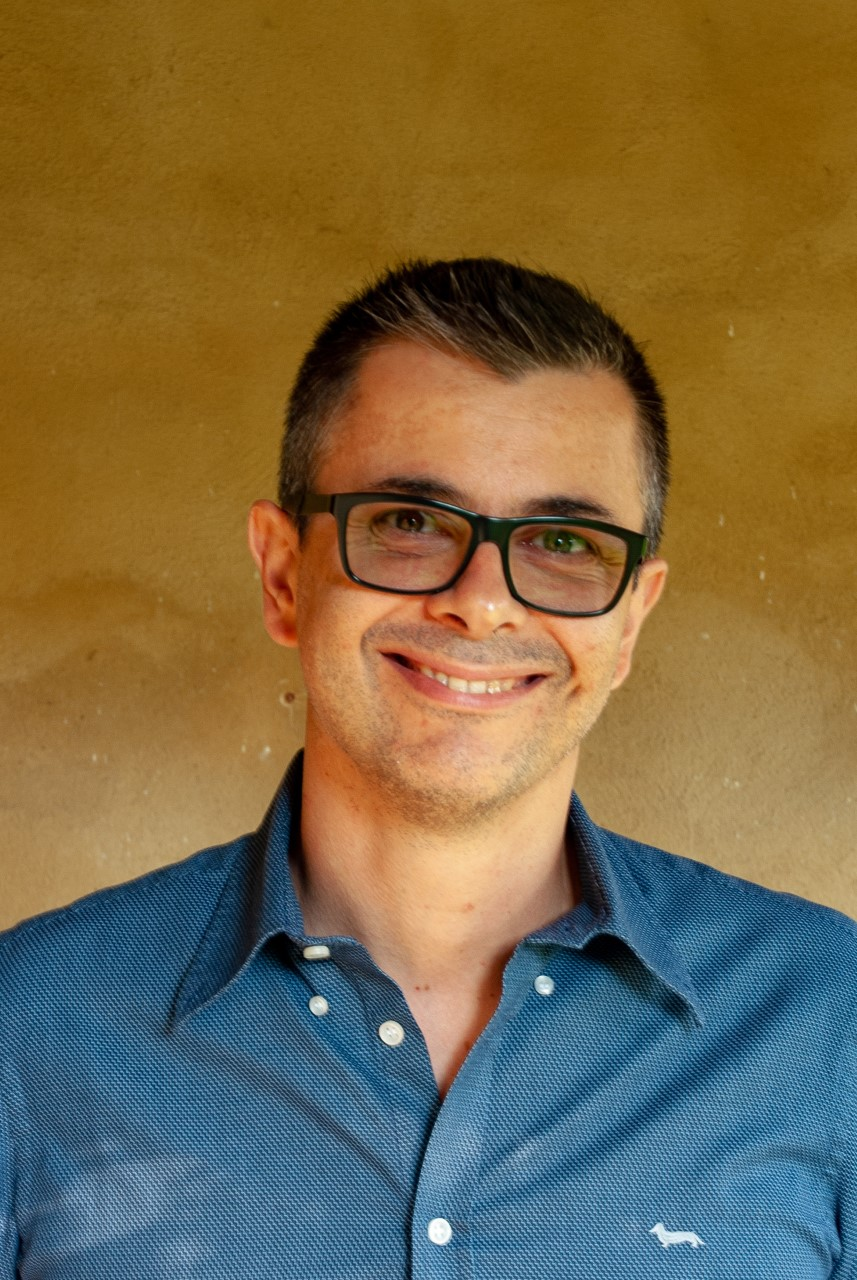Keynote speakers

Lynne Bowker
Towards an Outward Turn in Translation Technology Research?
In 2019, Susan Bassnett and David Johnson guest edited a special issue of The Translator (vol. 25, issue 3) with the theme “the Outward Turn”. In the introduction, the editors note that Translation Studies (TS) has witnessed numerous turns in the past decades (e.g. linguistic, cultural, sociological), and is perhaps not really in need of another, not the least because fields do not develop in a neat linear way. Nevertheless, Bassnett and Johnson point to what they see as a potentially worrying trend whereby TS scholars seem increasingly to talk mainly to one another, which puts TS at risk of lurching “into ultimate self-referentiality, especially in the global academic marketplace where reference and citation are perceived as valuable ends in themselves” (p. 185). Of course, the fields of translation technology and TS do not face precisely the same issues, nor will they necessarily benefit from the same specific approaches. Yet at a higher level, we might do well to pay attention to discussions about an Outward Turn in TS and consider how this could benefit the translation technology community. For instance, Bassnett and Johnson suggest that at one level, the idea of an Outward Turn entails the recognition of the need for an increasing plurality of voices from across the globe; yet, this must be coupled with a recognition of the importance of creating space where different traditions can maintain their perspective and assert the value of their own concerns and insights within the homogenizing context of internationalization. In other words, an Outward Turn in TS would see researchers focus on the issues that increasingly surround them and recognize that uniformity can ultimately be damaging for everyone. In what ways might the broad strokes of an Outward Turn be relevant for translation technology research? This presentation will consider how various aspects of this need for expanding horizons within and beyond the contours of the translation technology field could manifest themselves in our collective research agenda.
Lynne Bowker, PhD, is Full Professor at the University of Ottawa in Canada, where she holds a cross-appointment between the School of Translation and Interpretation and the School of Information Studies. In 2020, she was elected as a fellow of the Royal Society of Canada in recognition of her research in translation. In particular, her research interests focus on translation technologies and their users, including the Machine Translation Literacy Project funded by the Social Sciences and Humanities Research Council of Canada. She is the author of Computer-Aided Translation Technology (University of Ottawa Press, 2002), Machine Translation and Global Research (Emerald, 2019) and De-mystifying Translation: Introducing Translation to Non-translators (Routledge, 2023). During 2022/2023, she is a NAWA Ulam Visiting Research Fellow in the Scholarly Communication Research Group at the Adam Mickiewicz University in Poznań, Poland.

Marco Turchi
Towards Real-time Meeting Translation
Nowadays, machine translation (MT) has become the prominent solution to break language barriers and is used daily to translate emails, chats, technical documents, news articles, etc. At Zoom, we provide users with translation solutions to allow them to better connect, collaborate, and communicate in different languages during meetings. However, different from the classic speech translation use cases including TED talks or European Parliament sessions, the meeting scenario poses several challenges for MT technology. For instance, when speaking spontaneously, people introduce hesitations and repetitions, and, when interacting with other participants, they generate truncated, overlapped, and malformed utterances. So, in addition to the speech recognition errors, the MT system needs to simultaneously deal with all these factors to generate the optimal translation in real time. In my presentation, I will initially focus on highlighting the main challenges of meeting translation, paying attention to those phenomena that have a critical impact on the final output. Then, I will present some solutions that can be used to mitigate these problems and enhance translation quality in meetings.
Marco Turchi is the head of the machine translation activities at Zoom Video Communications. He received his Ph.D. degree in Computer Science from the U. of Siena, Italy in 2006. Before joining Zoom in 2022, he led the machine translation unit at Fondazione Bruno Kessler, worked at the European Commission Joint Research Centre, Italy, at the University of Bristol, at the Xerox Research Centre Europe, and at Yahoo Research Lab. His research activities focus on various aspects of sequence-to-sequence modeling applied to machine translation, speech translation, and automatic post-editing. He is co-authored more than 200 scientific publications and served as a reviewer for international journals, conferences, and workshops. He is the co-organizer of the Conference on Machine Translation, the Conference on Spoken Language Translation, and the automatic post-editing evaluation campaigns. He has been involved in several EU projects such as SMART, Matecat, ModernMT, QT21, and MateDUB. He was the recipient of the Amazon AWS ML Research Awards on the topic of end-to-end spoken language translation in rich data conditions.
